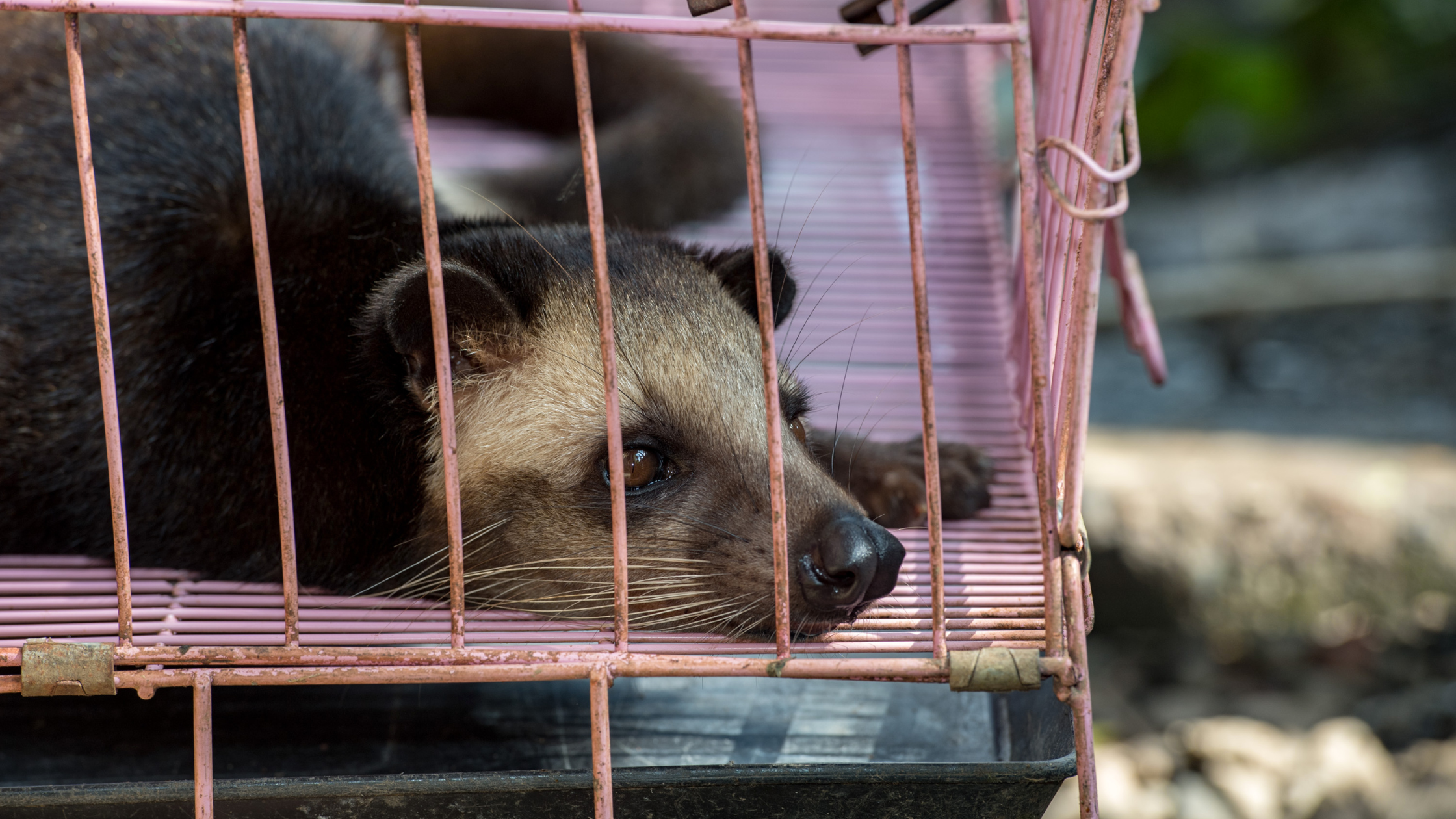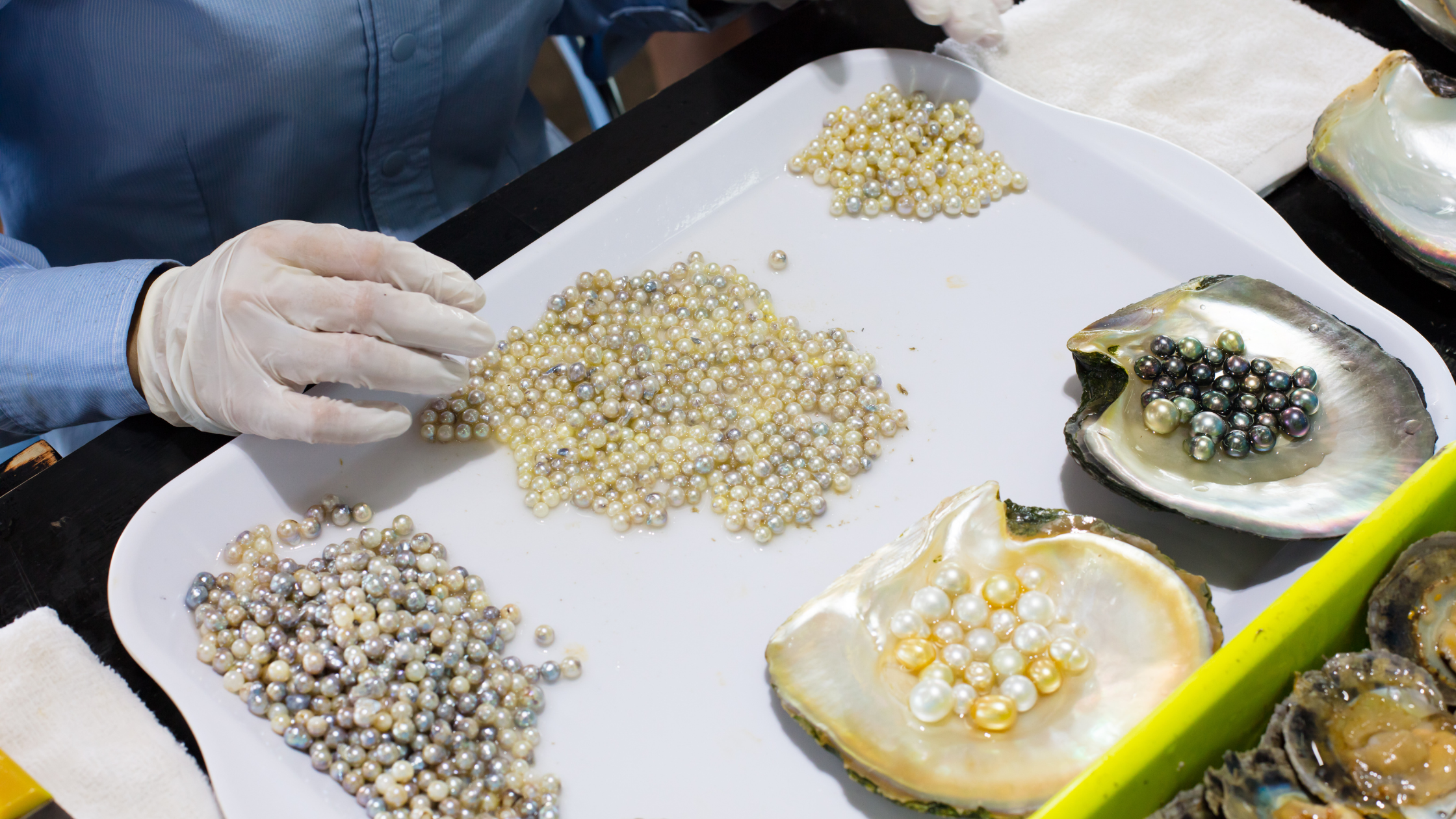
The Cruelty Behind Beaver and Chinchilla Fur: A Call for Compassion in the Hat Industry
As an animal rights activist, it's crucial to shed light on the unethical practices within the fashion industry, particularly concerning the use of fur. While many are aware of the horrors faced by animals like minks and foxes, there are lesser-known victims such as beavers and chinchillas whose fur is also exploited for profit, particularly in the hat industry.
Beavers, known for their industrious nature and intricate dam-building abilities, are tragically targeted for their fur. These intelligent creatures are often trapped in the wild using cruel methods such as leg-hold traps and underwater traps. These devices cause immense suffering, leaving beavers to endure excruciating pain and fear for hours or even days before succumbing to exhaustion, injury, or predators.
Furthermore, trapping not only inflicts physical harm but also disrupts the delicate balance of ecosystems. Beavers play a vital role in maintaining healthy wetland habitats, and their removal can have devastating consequences for other wildlife species and the environment as a whole.
Similarly, chinchillas, known for their soft fur and playful demeanor, face unimaginable suffering in the fur industry. These small, nocturnal rodents are native to the Andes mountains of South America and have been hunted to near extinction for their luxurious pelts. Despite efforts to protect them, illegal poaching and habitat destruction continue to threaten their survival.
The methods used to harvest chinchilla fur are barbaric, often involving confinement in cramped cages and inhumane slaughter practices. These sentient beings are denied the opportunity to engage in their natural behaviors, deprived of proper care, and subjected to a life of misery solely for the sake of human vanity.
The use of beaver and chinchilla fur in the hat industry perpetuates a cycle of cruelty that prioritizes profit over compassion. Consumers must recognize the suffering behind every fur-trimmed hat and take a stand against the exploitation of animals for fashion.
According to the Fur Commission USA, approximately 3.1 million fur hats were produced in the United States in 2020, with a significant portion of them likely incorporating animal fur such as beaver and chinchilla. The global fur trade generates an estimated $30 billion in revenue annually, with hats comprising a notable segment of this industry.
Thankfully, there are compassionate alternatives to fur that offer both style and sustainability. Faux fur, made from synthetic materials, provides a cruelty-free option for those seeking warmth and elegance without contributing to animal suffering. Additionally, there is a growing movement within the fashion industry to prioritize ethical and sustainable practices, encouraging designers and consumers alike to choose compassion over cruelty.
As advocates for animal rights, it is our responsibility to speak out against the exploitation of vulnerable creatures like beavers and chinchillas. By raising awareness, supporting ethical fashion brands, and advocating for stronger animal welfare regulations, we can work towards a future where animals are valued as sentient beings rather than commodities to be exploited for profit.
In conclusion, the use of beaver and chinchilla fur in the hat industry is not only morally reprehensible but also environmentally destructive. It's time for society to reject fur in favor of cruelty-free alternatives and embrace a more compassionate approach to fashion. Together, we can create a world where animals are treated with the respect and dignity they deserve.
Sources:
- Fur Commission USA - https://furcommission.com/
- Humane Society International - https://www.hsi.org/issues/fur-free-fashion/




